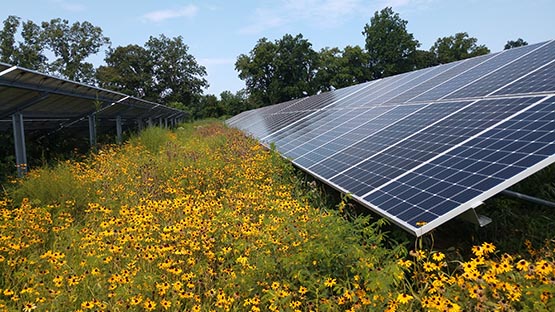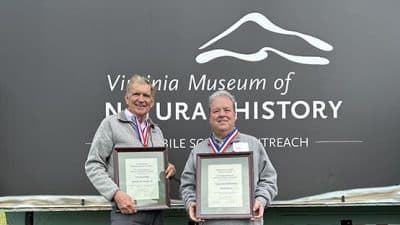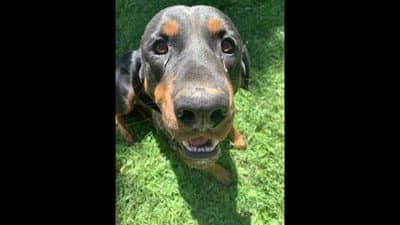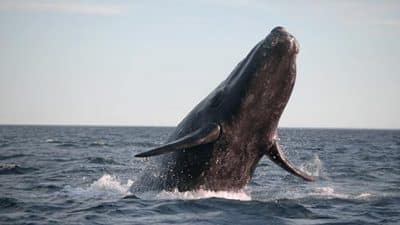
Dr. Richard Wilkes, State Veterinarian with the Virginia Department of Agriculture and Consumer Services (VDACS), routinely urges all Virginia bird owners to practice very strict biosecurity. “This message bears repeating,” said Wilkes. “The good news is that Virginia is not among the growing number of states with cases of Avian Influenza right now. The bad news is that the highly infectious disease can spread between farms, especially when producers do not observe strict biosecurity.” He added that bird owners of all flocks, commercial or backyard, need to know and to practice biosecurity measures.
Visitors should not enter poultry operations or yards unless absolutely necessary. For necessary visits such as delivering feed and other supplies or providing critical services, truckers, veterinarians and even family members should take maximum biosecurity precautions such as disinfecting footwear, vehicle tires, equipment and anything else that enters and exits poultry houses.
Both commercial and backyard flock owners are advised to prevent exposure of poultry to wild waterfowl from fly-overs or fecal contamination of ponds and streams. “This is the time, if ever there were one, to keep your birds under cover,” said Dr. Wilkes. He adds that bird owners who see any unusual increases in poultry illnesses or deaths should report that to one of the VDACS regional offices where poultry owners also may obtain disease information and assistance.
This particular strain of H5N2 does not affect people. However, to prevent the spread of the disease and other diseases, people should avoid contact with sick/dead poultry or wildlife. If contact occurs, they should wash their hands with soap and water and change clothing before having any contact with healthy domestic poultry and birds.
For more information about biosecurity measures and plans, bird owners should contact the State Veterinarian’s Office at 804.692.0601 or the local Office of Veterinary Services at the Regional Animal Health Diagnostic Laboratory. See the Laboratory Services section at www.vdacs.virginia.gov/about/directory-ais.shtml.










